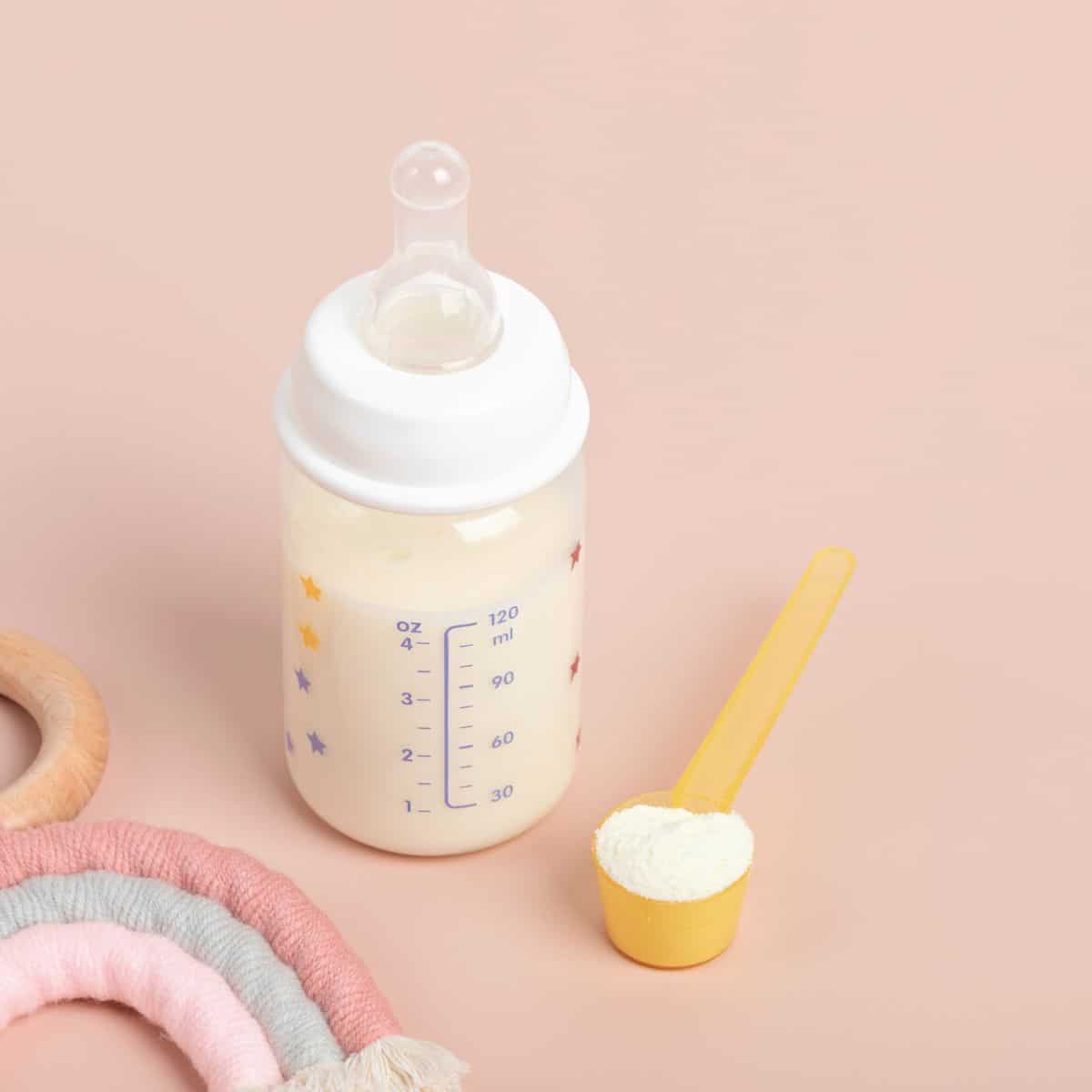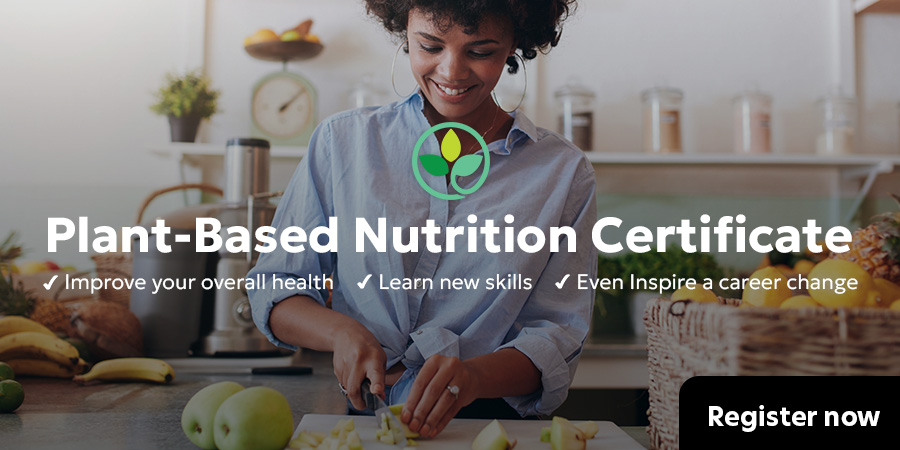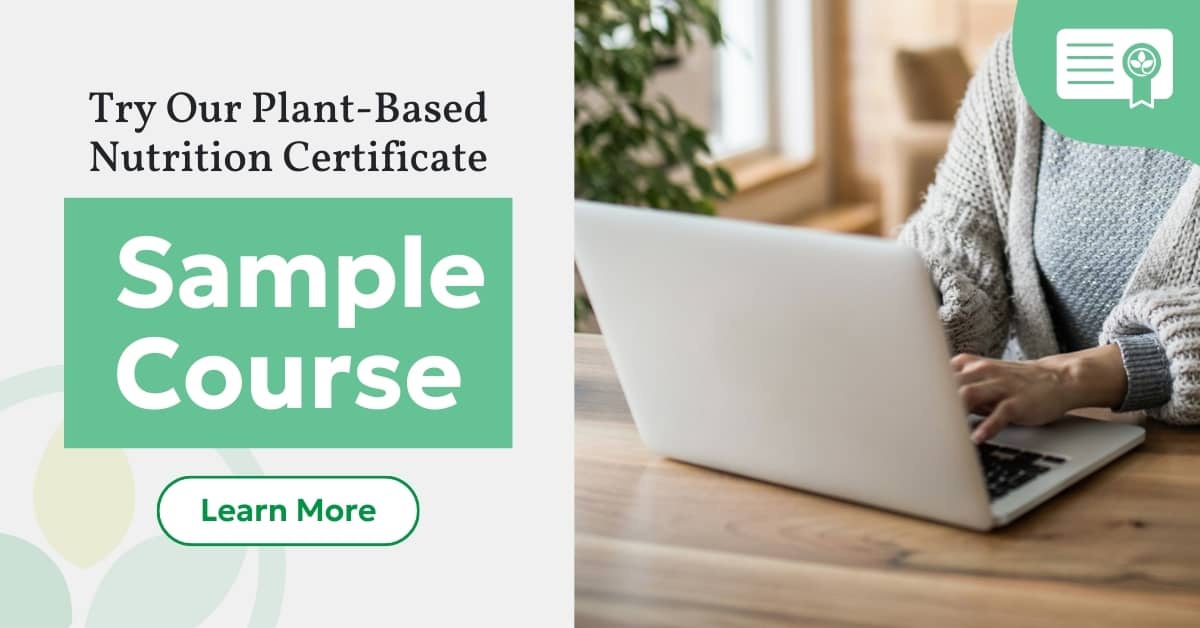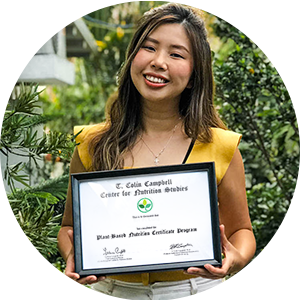

The American Academy of Pediatrics (AAP) is consistent with leading health organizations worldwide, including the World Health Organization, in recommending that mothers feed their babies only breast milk for the first six months and continue breastfeeding for up to two years while introducing a combination of nutritious solid foods.[1][2] Breastfeeding is associated with numerous benefits for babies and mothers:
- Not breastfeeding is associated with a higher risk of chronic disease.[3]
- Research indicates a bidirectional relationship between breastfeeding and postpartum depression: postpartum depression results in less breastfeeding, and not breastfeeding may increase the risk of depression.[4]
- Exclusive breastfeeding, even for only three months, supports postpartum weight loss.[5]
- In data from randomized trials in Honduras, researchers found that infants exclusively breastfed through six months showed signs of earlier motor development—walking and crawling earlier than infants assigned to receive complementary foods in addition to breastmilk between four and six months.[6]
- Children exposed to varied flavors through amniotic fluid and breast milk may be less picky eaters.[7]
Fundamentally, the evidence suggests that if you can breastfeed, you should. (Learn more about the benefits of breastfeeding.) However, not all mothers can, and that’s okay too. It’s nothing to feel guilty about; mothers unable to breastfeed can still do so much to ensure healthy outcomes for their little ones.
Data from the Infant Feeding Practices Study (IFPS) II show that one in eight women experience disrupted lactation, defined as “early, undesired weaning attributed to at least two of the following three problems: breast pain, low milk supply, and difficulty with infant latch.”[8] They found that overweight and obese women have increased odds of disrupted lactation. Illness, previous breast surgery, and conditions like polycystic ovarian syndrome (PCOS), hypothyroidism, or underdeveloped breasts are just a few of the reasons you might struggle to produce enough milk. (Incidentally, several foods and drinks are said to increase milk supply—garlic, ginger, whole grains, certain herbal teas—and some have shown impressive results in controlled trials.[9]) Other reasons women might not be able to breastfeed include medications they are taking, which may be unsafe for babies and can contaminate breast milk, and sociocultural barriers.[10] In the US, for example, not all employers provide sufficient maternity leave to allow six months of breastfeeding.[11]
If you’re unable to breastfeed, for these reasons or any other, and have already tried working with your doctor or lactation consultant to find solutions, try not to be disheartened. Other options, including plant-based baby formulas, can provide a nutritionally complete, safe diet for your baby.

Plant-Based Baby Formulas
If you’re looking for something that adheres to what you have come to expect on an optimum whole food, plant-based (WFPB) dietary lifestyle, you need to adjust your expectations. Common formula ingredients include cow’s milk, plant oils, whey protein concentrate, and added nutrients; by their nature, formulas require a unique combination of nutrients that could not possibly come from any one food except for breast milk. Formulas could not possibly meet your baby’s requirements for nutrition without being fortified with isolated nutrients, extracted proteins, etc.
For plant-based options, parents in the US can choose between several companies. Some of the leaders of organic plant-based formulas are based in other parts of the world, but you can usually get their products shipped quickly and for free if your order is big enough. We at CNS don’t endorse a particular product but encourage you to discuss your options with your baby’s pediatrician, inform yourself about the producers, and read online reviews.
And again, do not be alarmed if all the formulas you find contain ingredients you would not think to consume yourself, like vegetable oils or pea protein: your baby’s nutritional needs are drastically different from your own. The critical thing is that your baby is feeding and obtaining essential nutrients.
Are you curious to learn more about nutritional needs throughout the lifetime, including the needs of infants, toddlers, and adolescents? We cover these topics very thoroughly in our Plant-Based Nutrition Certificate. Learn more here.
What about soy-based formulas, specifically?
Soy-based formulas have been available for more than a century.[12] The processing technology has obviously evolved during that period, as have the federally mandated requirements for infant formulas. The FDA specifies which nutrients must be included and sets maximum and minimum nutrient requirements to ensure that infant formulas are safe and suitable.[13] The FDA also upholds requirements for labeling and inspects manufacturing facilities annually.
In short, “formula is one of the most tightly regulated food products in the US.”[14] All formulas manufactured in the US are subject to these regulations (and more), including soy-based formulas. Formulas manufactured in other parts of the world, such as Europe or Australia, are also subject to intensive testing and regulation. In fact, formulas manufactured in Europe are subject to certain requirements that US formulas are not.
What about the soy itself? Is it safe for infants? The short answer is yes.[15] As long as your baby isn’t allergic or intolerant to soy, these formulas provide a safe, affordable alternative to cow’s milk formula. Although soy is a relatively common allergen, it is unlikely to be a problem. Fewer than one in two hundred infants in the US are allergic to soy (for comparison, around six times more infants are allergic to cow’s milk).[15][16] Lastly, though often repeated, concerns about isoflavones in soy have not been proven in long-term studies.[17]
Homemade plant-based baby formulas and plant-based milks
Don’t turn to the internet for baby formula recipes. Breast milk contains a balance of over 30 nutrients, and it’s difficult—if not impossible—to match that balance in your kitchen. Even if it could be done, is it worth the risk to your baby’s health?
Trying to make your own formula can pose serious problems: contamination can lead to foodborne illnesses and missing essential nutrients can lead to imbalances affecting growth and development.[18] Babies fed homemade formula may even need to be hospitalized in emergencies, as occurred during the formula shortage in 2022.[19]
Plant-based milk is also an inadequate alternative, lacking many of the critical nutrients found in breast milk.
Donor milk from breast milk banks
In special cases, including if your baby is born prematurely, you may be able to get breast milk for your baby from a hospital or local milk bank.[20] The Human Milk Banking Association of North America (HMBANA) sets safety and sanitization guidelines for its member banks. These include screening milk for illnesses, testing for bacteria, and pasteurizing to remove pathogens. Pasteurization destroys some nutrients and immune compounds, but the milk remains nutritionally sound.
If your baby meets the criteria to receive donated milk, ask your doctor if you are eligible to receive donated breast milk. Note that the FDA has not set standards for milk banks and that HMBANA guidelines are voluntary, so you will need to research to verify that the proper procedures are followed.[21]
Your doctor and your baby’s pediatrician can help you choose a breast milk alternative that will start your baby off with all the nutrients necessary to build a strong foundation for lifelong health. If that means choosing a plant-based baby formula that’s a little less whole food than you are used to, do not worry. You will have plenty of time to introduce your baby to all the benefits of a WFPB diet as they grow.
References
- American Academy of Pediatrics. Newborn and infant breastfeeding. Accessed March 24, 2024. https://www.aap.org/en/patient-care/newborn-and-infant-nutrition/newborn-and-infant-breastfeeding/
- World Health Organization. Breastfeeding. Accessed March 24, 2024. https://www.who.int/health-topics/breastfeeding#tab=tab_1
- Smith JP, Harvey PJ. Chronic disease and infant nutrition: is it significant to public health?. Public Health Nutr. 2011;14(2):279-289. doi:10.1017/S1368980010001953
- Pope CJ, Mazmanian D. Breastfeeding and Postpartum Depression: An Overview and Methodological Recommendations for Future Research. Depress Res Treat. 2016;2016:4765310. doi:10.1155/2016/4765310
- Jarlenski MP, Bennett WL, Bleich SN, Barry CL, Stuart EA. Effects of breastfeeding on postpartum weight loss among U.S. women. Prev Med. 2014;69:146-150. doi:10.1016/j.ypmed.2014.09.018
- Dewey KG, Cohen RJ, Brown KH, Rivera LL. Effects of exclusive breastfeeding for four versus six months on maternal nutritional status and infant motor development: results of two randomized trials in Honduras. J Nutr. 2001;131(2):262-267. doi:10.1093/jn/131.2.262
- De Cosmi V, Scaglioni S, Agostoni C. Early Taste Experiences and Later Food Choices. Nutrients. 2017;9(2):107. Published 2017 Feb 4. doi:10.3390/nu9020107
- Stuebe AM, Horton BJ, Chetwynd E, Watkins S, Grewen K, Meltzer-Brody S. Prevalence and risk factors for early, undesired weaning attributed to lactation dysfunction. J Womens Health (Larchmt). 2014;23(5):404-412. doi:10.1089/jwh.2013.4506
- Murray D. Foods to increase breast milk supply. Verywell Family. November 8, 2022. https://www.verywellfamily.com/foods-that-increase-breast-milk-supply-431598
- O’Connor A. Why you might not be able to breastfeed. What to Expect. February 1, 2023. https://www.whattoexpect.com/first-year/breastfeeding/breastfeeding-guide/why-you-might-not-be-able-to-breastfeed.aspx
- Office of the Surgeon General (US); Centers for Disease Control and Prevention (US); Office on Women’s Health (US). The Surgeon General’s Call to Action to Support Breastfeeding. Rockville (MD): Office of the Surgeon General (US); 2011. Barriers to Breastfeeding in the United States.Available from: https://www.ncbi.nlm.nih.gov/books/NBK52688/
- Vandenplas Y, Hegar B, Munasir Z, et al. The role of soy plant-based formula supplemented with dietary fiber to support children’s growth and development: An expert opinion. Nutrition. 2021;90:111278. doi:10.1016/j.nut.2021.111278
- Food and Drug Administration. Infant formula. Updated March 6, 2024. https://www.fda.gov/food/resources-you-food/infant-formula
- Szalinski C. Why US parents are choosing European baby formula. The New York Times. March 12, 2021. https://www.nytimes.com/wirecutter/blog/us-parents-european-baby-formula/
- Food Allergy Research and Education (FARE). Soy Allergy. Accessed March 24, 2024. https://www.foodallergy.org/living-food-allergies/food-allergy-essentials/common-allergens/soy
- Kattan JD, Cocco RR, Järvinen KM. Milk and soy allergy. Pediatr Clin North Am. 2011;58(2):407-x. doi:10.1016/j.pcl.2011.02.005
- Petre A. Is soy formula safe for your baby? Healthline. February 25, 2020. https://www.healthline.com/nutrition/soy-formula
- Food and Drug Administration. FDA advises parents and caregivers to not make or feed homemade infant formula to infants. February 24, 2021. https://www.fda.gov/food/alerts-advisories-safety-information/fda-advises-parents-and-caregivers-not-make-or-feed-homemade-infant-formula-infants
- Shastri D. Homemade baby formula putting Wisconsin babies in the hospital. Milwaukee Journal Sentinel. May 20, 2022. https://www.jsonline.com/story/news/health/2022/05/20/homemade-baby-formula-putting-wisconsin-babies-hospital-shortage-recipes/9863647002/
- American Pregnancy Association. Donor Breast Milk. Accessed March 24, 2024. https://americanpregnancy.org/healthy-pregnancy/breastfeeding/donor-milk/
- Food and Drug Administration. Use of donor human milk. March 22, 2018. https://www.fda.gov/science-research/pediatrics/use-donor-human-milk
Copyright 2024 Center for Nutrition Studies. All rights reserved.
Earn Your Plant-Based Nutrition Certificate
Join over 20,000 students who have improved their health, learned new skills, and even inspired career changes.
Program Overview
- 23,000+ students
- 100% online, learn at your own pace
- No prerequisites
- Continuing education credits






